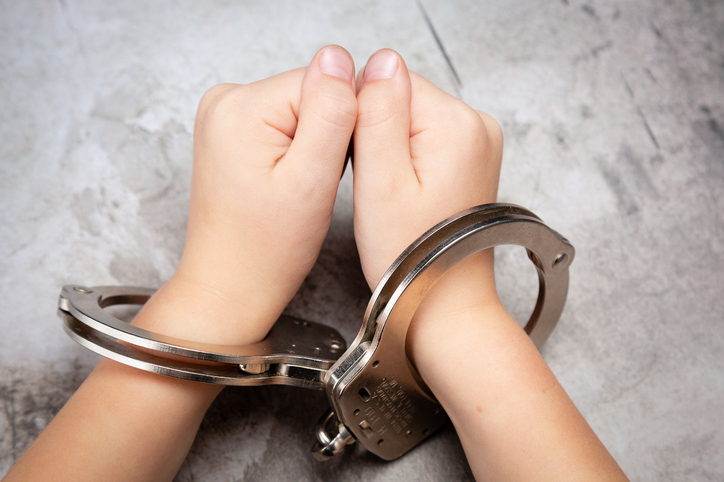What Should You Do After You Get a Call That Your Child Has Been Arrested?
Young people—especially teenagers—can get themselves into serious trouble. According to data from the Florida Department of Juvenile Justice (DJJ), there are nearly 40,000 juvenile arrests made each year in the state. The call no parent wants to get is the one stating that their child has been arrested. It is imperative that you know what to do to protect your child’s health, safety, well-being, and their future. Here, our Stuart juvenile justice attorney provides an actionable guide to the steps that you should take after getting the call that your child has been arrested.
Step #1: Stay Calm, Take a Breath, and Evaluate the Situation
For parents in Florida, it can be incredibly distressing to learn that your child has been arrested. It is normal to feel frightened and overwhelmed. The most important thing you can do in the initial moments is remain calm. Take a deep breath and pause before reacting. Emotions often run high in these situations—and for good reason. Recognize that this first step will set the tone for everything that follows. You should gather as much information as you can about the arrest itself. Confirm where your child is being held, what the charges are, and whether there are any immediate deadlines or requirements you need to meet.
Tip: If you have an opportunity to do so, tell the police that they do not have permission to ask your child questions until you (and your attorney) are present.
Step #2: Make Sure Your Child is Safe and in Compliance With Legal Requirements
Your next priority is ensuring your child’s safety and well-being. Contact the relevant authorities—such as the police station or the juvenile detention facility—to confirm that your child is physically unharmed and receiving any necessary medical care. After a minor is arrested in Florida, one of the following two things will typically happen:
- Your Child Will Be Released Into Your Case: If authorities determine that your child can be released into your care, you will typically sign papers agreeing to assume responsibility. You should be sure you understand any terms of the release, such as curfews, protective orders, or restrictions on activities and peer associations.
- Your Child Will Be Held in a Department of Juvenile Justice Facility: If law enforcement or a judge decides your child must remain in custody, they will be held in a facility run by Florida’s Department of Juvenile Justice (DJJ). Generally, this is only required for serious criminal allegations and/or repeat offenses. Contact a lawyer right away.
Step #3: Contact a Juvenile Justice Defense Lawyer
You and your child have professional legal representation. A Stuart, FL, juvenile defense lawyer attorney can advocate for your child’s best interests, clarify the charges, and identify any opportunities for reduced consequences or alternative programs that focus on rehabilitation instead of punishment. A key goal: Keep your child’s case in the juvenile justice system. With serious allegations and older teenagers (15, 16, and 17), there is a risk of prosecutors trying to move the case into the adult criminal court.
Schedule a Confidential Consultation With Our Stuart, FL ,Juvenile Defense Attorney Today
At The Law Office of Denise Miller, PA, our Stuart juvenile justice defense lawyer is a compassionate and experienced advocate for teenagers and their families. If you got the call that your child was arrested, we can help. Call us now or contact us online today for a fully confidential initial consultation. With an office in Stuart, we defend juvenile justice cases throughout the region.





